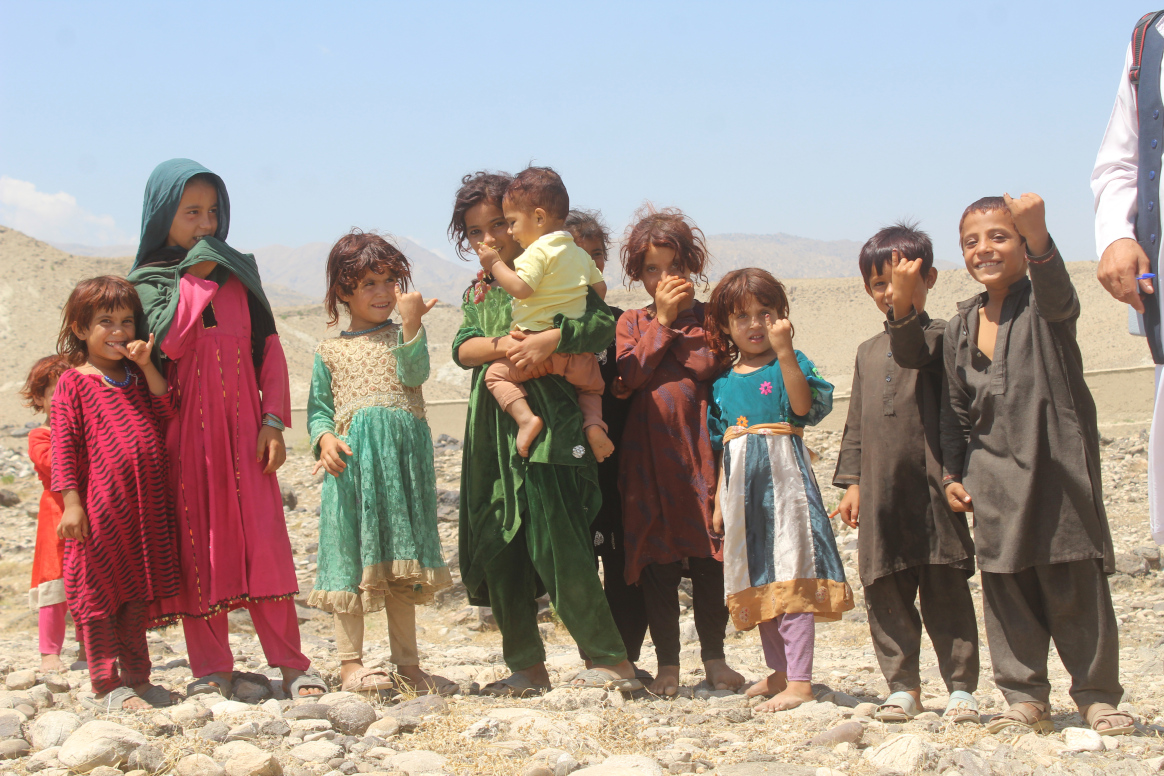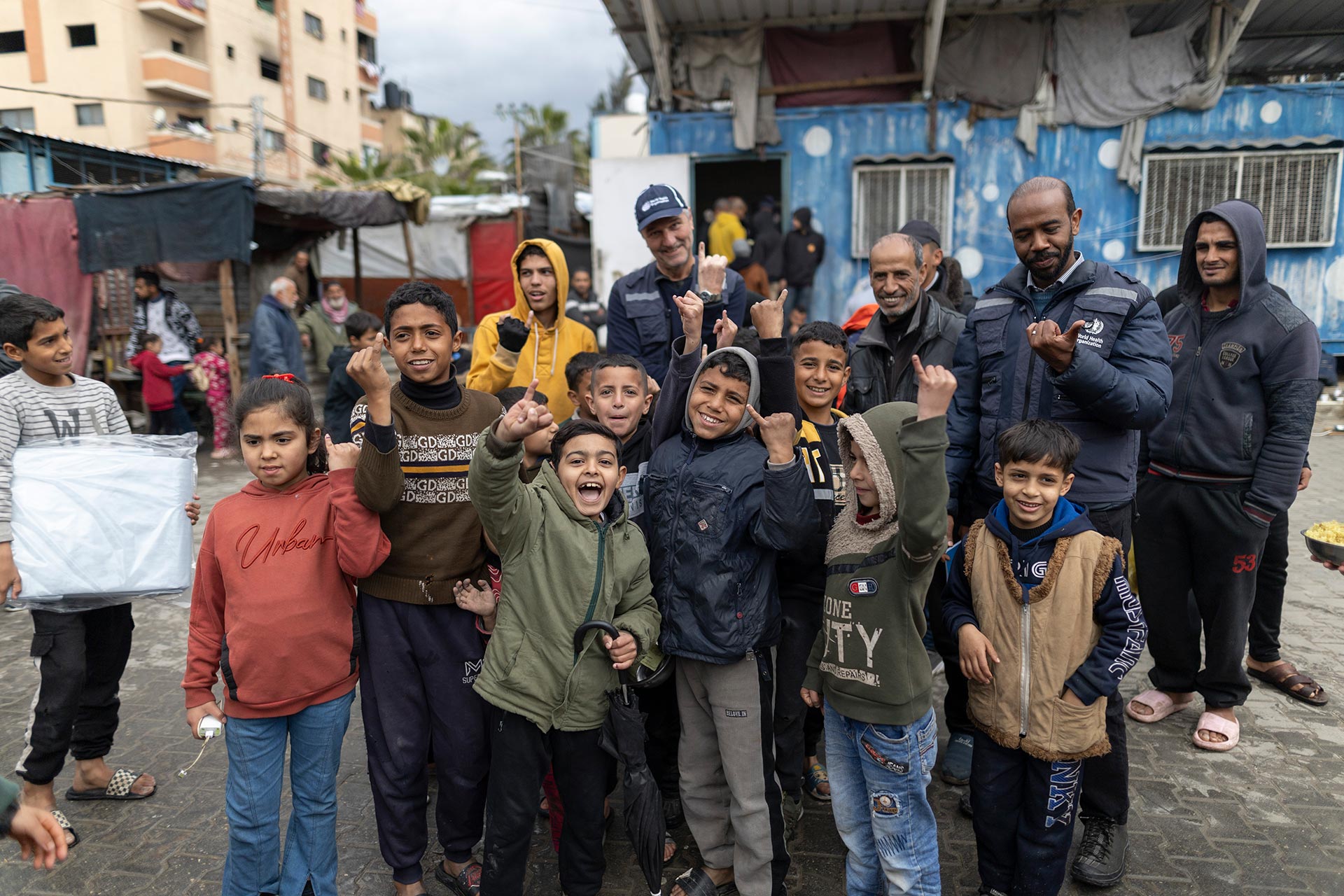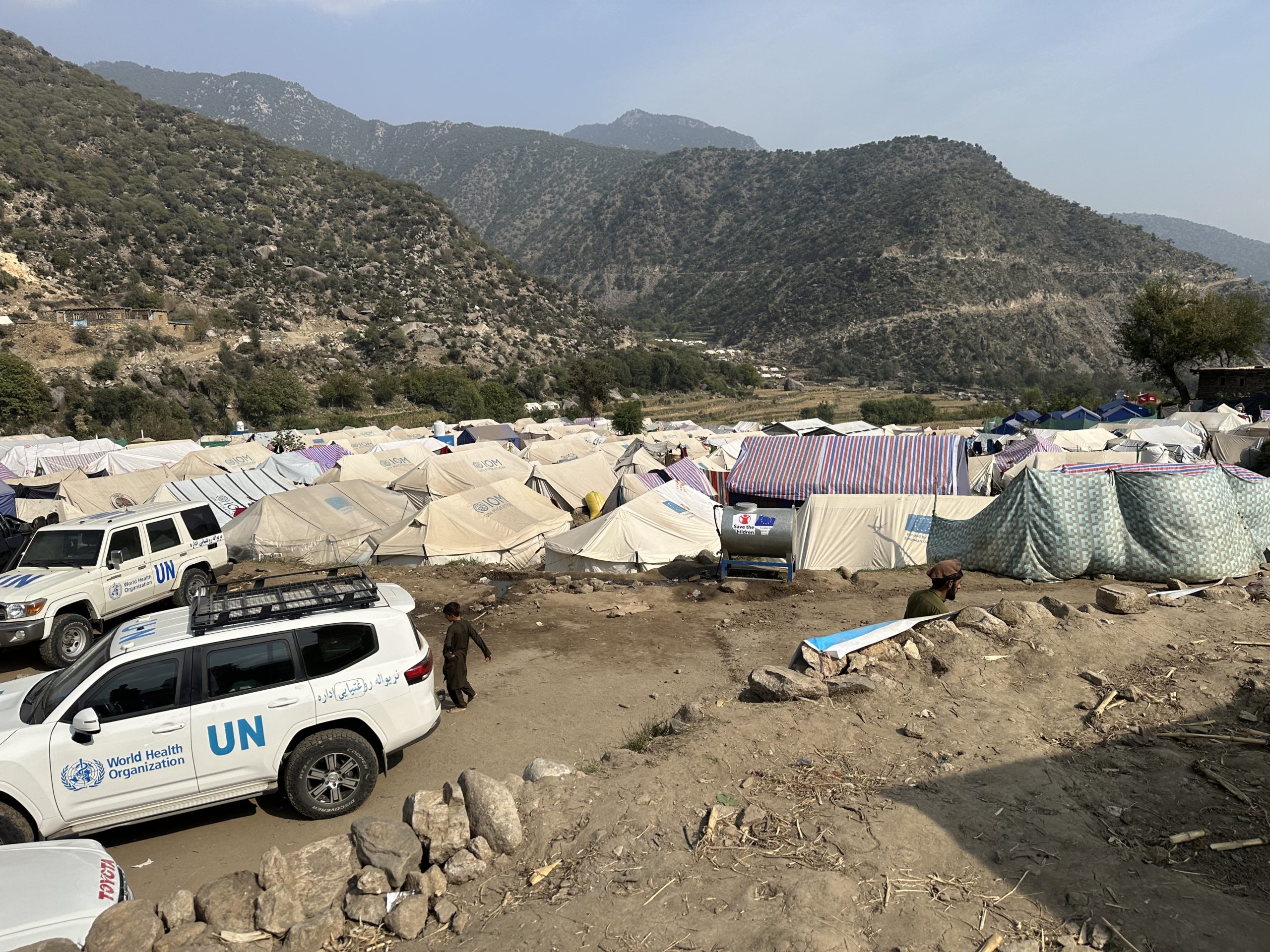
Leaders at this week’s G7 Head of State meeting in Germany and last week’s Commonwealth Heads of Government meeting in Rwanda renewed global commitment to polio eradication. In their official Communiqué, the Leaders of the Group of Seven (G7) vowed to ‘continue our support for polio eradication through the Global Polio Eradication Initiative’, while the Commonwealth Heads of Government, in their joint Communiqué on ‘Delivering a Common Future’, urged the continued intensified effort to eradicate polio, even amid other pressing health and development issues. These calls and commitments follow similar engagements made at previous global political fora this year, notably the recently-held G7 Development and Health Ministers meeting, and the World Health Assembly.
Global partners of the eradication effort, notably led by Rotary International and Rotarians around the world, are working with the public sector to ensure political commitments are fully operationalized.
In April 2022, GPEI partners, led by WHO Director-General, launched the ‘Investment Case for Polio Eradication’, the sister document to the Polio Eradication Strategy 2022-2026, which lays out the economic and humanitarian rationale for investing in a polio-free world, as well as the broader benefits of polio eradication.
In October 2022, Germany will generously co-host a global pledging moment, giving the international development community and polio-affected countries the opportunity to publicly re-commit to this effort, including to support a stronger and sustainably-funded WHO, so that the organization can maintain its capacity to support countries in achieving and sustaining polio eradication, and continue to benefit broader public health efforts, including support for pandemic preparedness and response.



